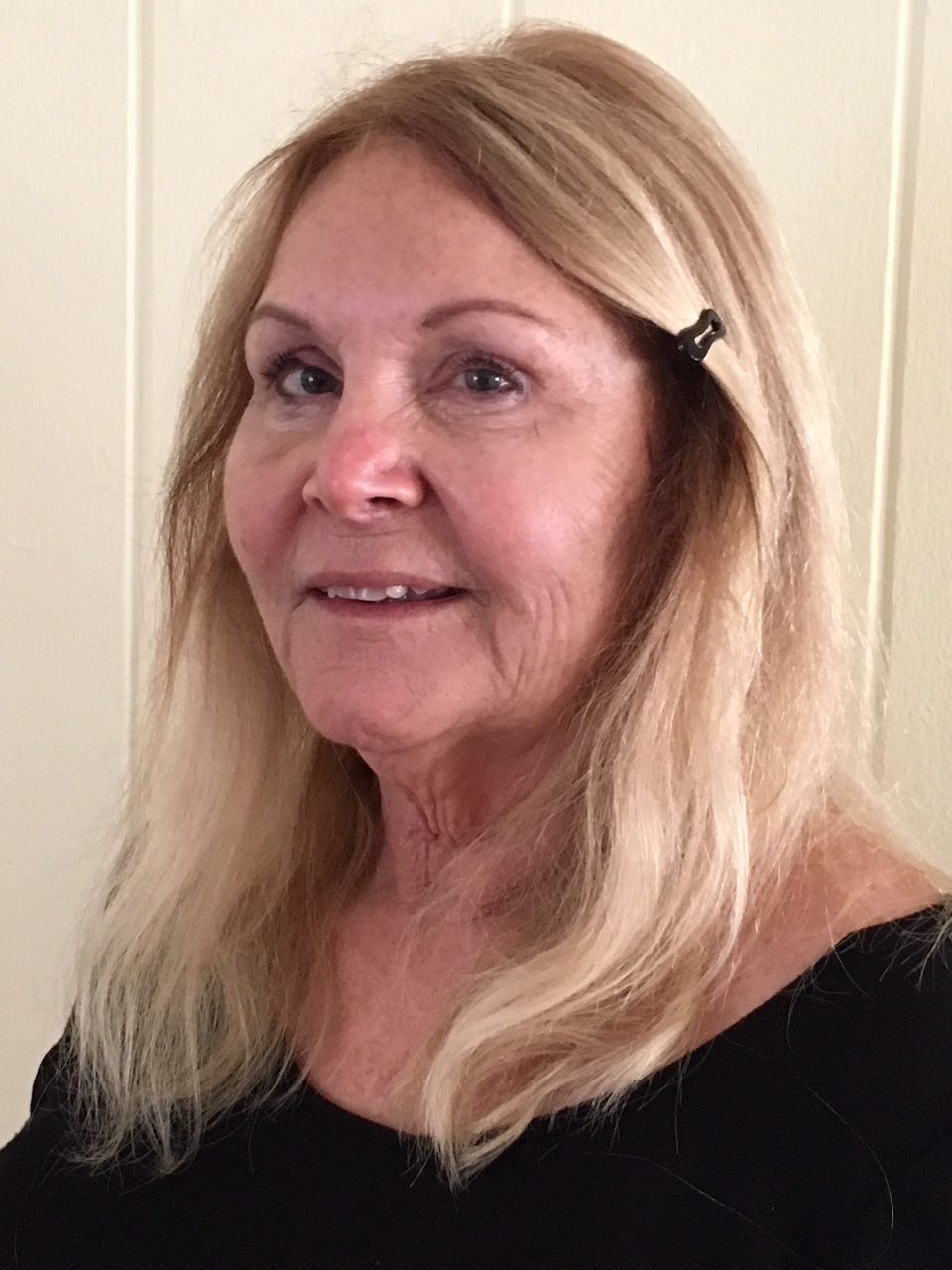Korean-American attorney Robert Lee Ahn won a stunning victory last spring when he captured a ballot spot in a special runoff election for a seat in the House of Representatives from a central Los Angeles district that has been a longtime Latino stronghold.
The city planning commissioner shot past 21 others on the April ballot — many of them Latinos — to place second behind then-Assemblyman Jimmy Gomez. Ahn did it with a robust campaign treasury and sophisticated voter-registration and vote-by-mail drives. His campaign stirred excitement among Asians/Pacific Islanders (API, in political data parlance) eager for a stronger taste of political power in multi-ethnic L.A.
Yet the June 6 runoff wasn’t even close. Gomez defeated Ahn by more than 18 percentage points. The lopsided result deeply disappointed members of the API community. Korean-Americans, especially, had hoped the inclusion of Koreatown entirely within the 34th Congressional District would enhance their chances of victory in a typically low-turnout special election.
But to many political experts, Gomez’s triumph was hardly surprising. Nor, some say, should it be terribly disheartening to ethnic Asian candidates, who are making inroads elsewhere and who can learn some lessons from the race.
The 34th District, which opened up when longtime Rep. Xavier Becerra left to become California attorney general, is overwhelmingly Democratic and strongly Latino, especially in northeastern Los Angeles and such Eastside communities as Boyle Heights. It’s also quite liberal — Bernie Sanders beat Hillary Clinton in the Democratic primary here.
While both Ahn and Gomez are Democrats — because California sends the top two primary vote-getters into the general election, regardless of party affiliation — Gomez was perceived as the better match for a majority of the electorate. It didn’t help Ahn that he had once been a Republican and that, to some, his ties to the business community signaled a more conservative bent.
“It was pretty clear that he was to the right of Gomez,” said Democratic political consultant Mac Zilber. His firm, Jacobson & Zilber Strategies, had represented former Assembly Speaker John A. Pérez before health concerns prompted him to drop out of the race. Gomez, battle-tested in a tough, earlier victory for state Assembly, had built coalitions with the district’s growing LGBT community and with other groups.
In addition, opponents had been unable to unearth anything about Gomez that they could use to attack his record or character.
“It’s very tough to beat a candidate who is supported by most of the major endorsers in the district, raises a lot of money, fits the district and has no hits against him of any consequence,” Zilber said.
Ahn outspent Gomez almost $1.7 million to $1.1 million, according to recent Federal Election Commission accounting.
Moreover, he did an impressive job of turning out his Korean-American base. Paul Mitchell, whose firm, Political Data Inc., closely tracked the election, estimated Korean-Americans comprised about 6 percent of the district’s voters but accounted for 20 percent of the special election turnout.
“It shows they have the ability to organize their base,” Mitchell said.
Clearly, however, Ahn was not able to attract enough voters from other groups, not even among other API groups.
Kim Yamasaki, executive director of CAUSE, which encourages civic engagement and helps develop API candidates, said some members of her group worked for Ahn but others supported Gomez.
“The Asian-American people do want more representation and leadership but are very aware of who would do the best job,” and that might not be the API candidate, Yamasaki said. “It was very exciting to some to see a candidate of Korean-American descent … but there needs to be more tapping into other organizations and building coalitions.”
***INSERT***
Successful API candidates have shown a strong talent for attracting voters outside their ethnic groups. They include David Ryu, the first Korean-American to win a Los Angeles City Council seat, California Treasurer John Chiang and U.S. Sen. Kamala Harris. They also are making inroads in Orange County, notably in Republican-leaning districts.
Raphael J. Sonenshein, executive director of the Pat Brown Institute for Public Affairs at Cal State L.A. and an expert on ethnic politics and coalition building, expects API candidates to continue to make inroads. He sees future opportunities in at least two more L.A. City Council districts and in a proposed expansion of the county Board of Supervisors.
Still others may find a path similar to that of Rep. Ted Lieu, a Torrance Democrat, born in Taiwan, who succeeded Westside liberal Rep. Henry Waxman in 2015. Waxman’s long, productive tenure embodied a heyday for Jewish candidates who rose to prominence in the 1970s.
“We’re in a time when you are not always perceived as just a member of your [ethnic] group,” Sonenshein said. “Lots of people thought Lieu could not get elected in a Jewish district … Now he’s very popular.”



















